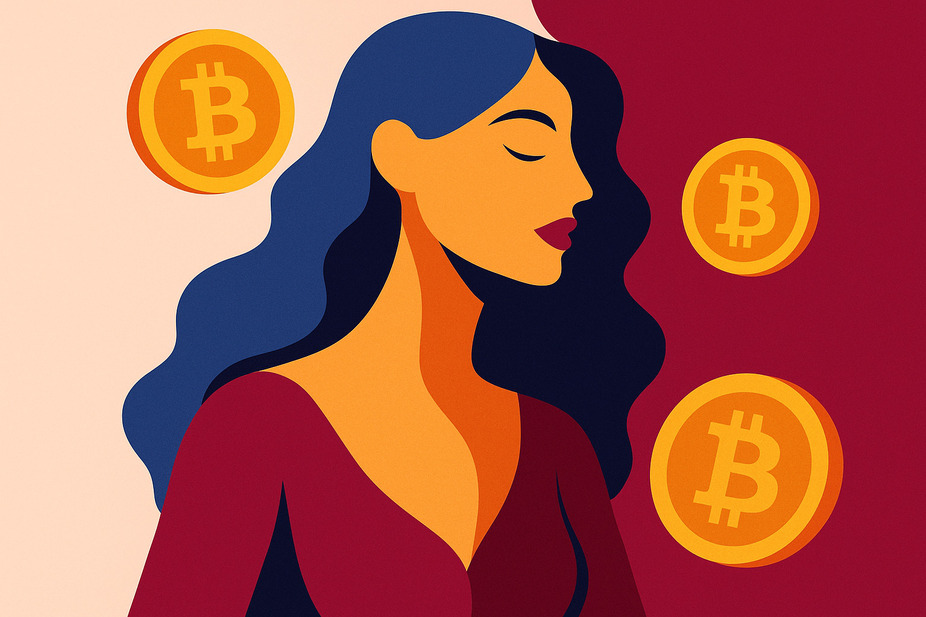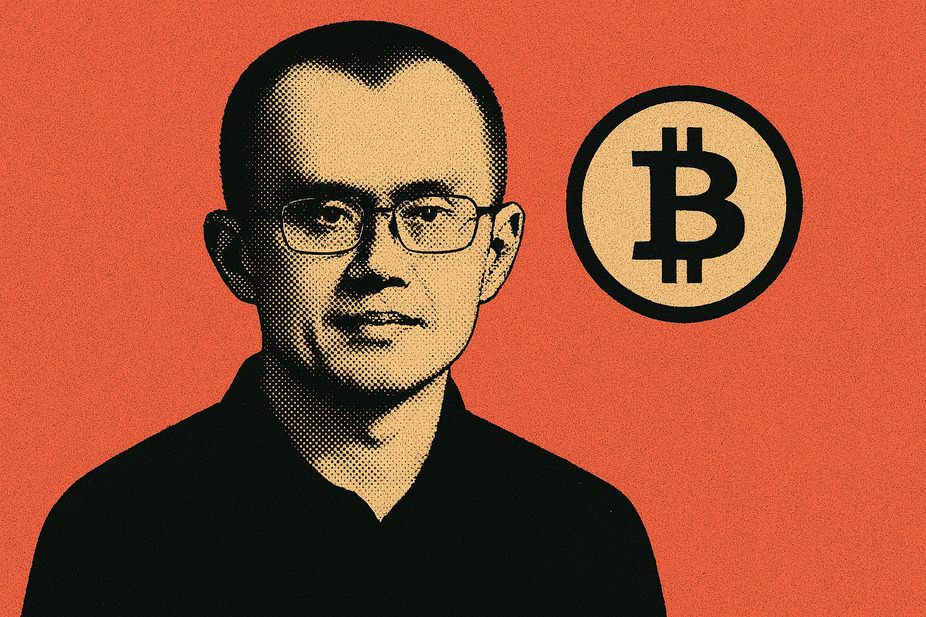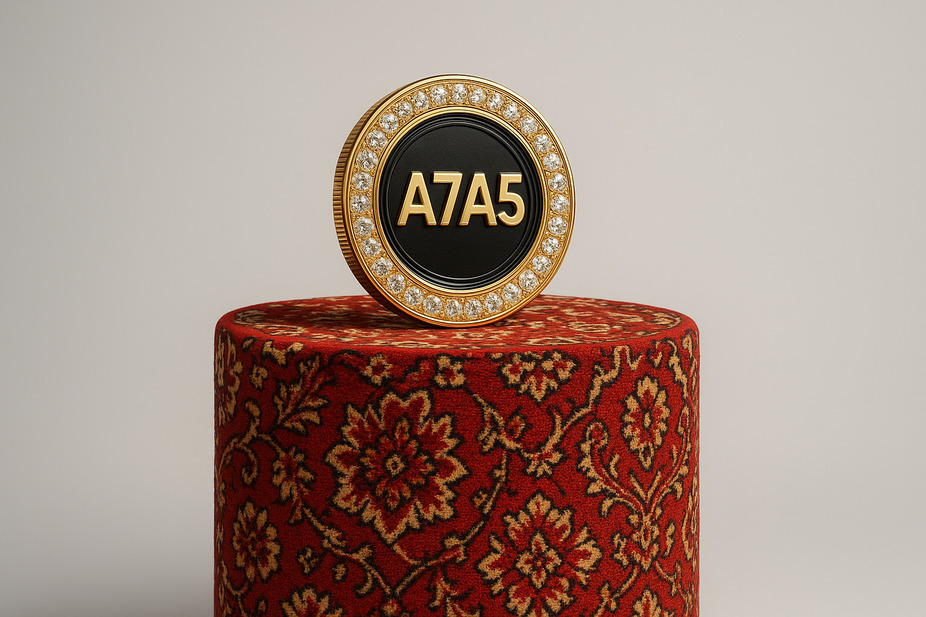Crypto’s huge growth: Africa’s big opportunity or big risk?

Africa is at a crossroads right now. It can either grab onto cryptocurrency’s massive $4-trillion potential for its own independence and growth, or it could face financial trouble and get left behind.
With digital currencies now worth almost $4 trillion, everyone’s trying to get a piece of the action. While headlines are grabbed by things like Elon Musk’s Dogecoin or the official Trump coin, Africa is right in the middle of this huge global financial shake-up.
This is a really important moment. African leaders need to step up and either regulate or embrace crypto. What they do next will decide if the continent’s 1.55 billion people gain more control over their future or if they’re dragged into a new period of financial instability.
There’s a lot of potential here. Using crypto could really create a bunch of new ways to make money, change the way money is sent back home from other countries, and could even totally shake up the market for government debt. African governments currently owe the International Monetary Fund (IMF) a whopping $42.2 billion – that’s a third of all the money the organization has loaned out! Egypt alone owes an incredible $7.42 billion.
These debts really squeeze national budgets and stop important development projects from happening.
The high-stakes gamble
But let’s be real, the risks are sky-high. If stablecoins become super popular, they could drain money right out of local bank accounts. This would mess with central banks’ ability to control their country’s money supply. Africa’s most fragile currencies – think places like Sierra Leone, Uganda, and Guinea – could totally collapse under that kind of pressure.
Cryptocurrency is often said to make things more fair for everyone. But just like any major tech that gets caught up in global capitalism, it claims to involve everyone while usually just boosting the wealth of the already rich. We’re already seeing that take place.
Africa’s unique risk
In Africa, the stakes are seriously high. The population is young, and some African economies – like Niger, rich in oil, and Senegal – are among the fastest growing in the world. Still, with weak regulations and many people not being very familiar with financial matters, the communities least able to handle losses are also the ones most exposed to risk.
If money sent home from relatives abroad – which is worth over $95 billion to Africa each year – starts flowing through blockchain systems instead of traditional banks, then those banks and regulators could be totally pushed aside. This would turn monetary policy upside down in dozens of countries.
Look at the difference: In the US, Trump’s pro-crypto policies have actually helped America borrow more money by linking stablecoins to the Treasury market. Tether, for example, holds over $120 billion in government debt. In Europe, experiments with tokenization are super tightly regulated. Meanwhile, China is even using its digital yuan as a tool to expand its influence with its Belt and Road partners.
Africa doesn’t have these kinds of safety nets. That’s exactly why African leaders need to act now to get crypto under control. They need to reduce their reliance on IMF bailouts, ease the burden of government debt, and boost Africa’s ability to fund its own growth, on its own terms.
A plan for better rules
Strong regulation isn’t just a nice-to-have; it’s the only way to protect people from scams while also giving investors the confidence that African crypto projects are serious and trustworthy. With that in place, Africa could attract billions in global capital focused on environmental, social, and governance goals (which is expected to hit $35 trillion-$50 trillion by 2030).
We desperately need more education about money and skills in decentralized finance (DeFi) so that communities can use digital assets safely. And by using tokenized infrastructure projects, crypto can actually work for the common good.
Real-life examples from beyond Africa
There are already good examples to learn from. The World Food Programme’s “Building Blocks” project used blockchain to give cash to vulnerable people, including Syrian refugees in Jordan. They could use this money at local markets, buying goods by simply scanning their eyes! Last year, Building Blocks helped 65 organizations, making aid distribution more efficient and saving $67 million.
We can also find inspiration in richer countries, where using crypto and blockchain for social good is already happening. Estonia has pioneered blockchain-based online voting, which has increased trust in elections, prevented fraud, and sped up results. The US-based Climate Collective is tokenizing rainforests and other natural assets to protect ecosystems and make money from reducing carbon. These examples highlight a simple truth: Crypto can actually help communities, not just make markets go wild.
Related: the one thing these 6 global crypto hubs all have in common
Earlier this year, the $210-million Immaculata Living Project launched in Chicago. It’s the world’s largest university-backed, crypto-powered real estate project. This collaboration between private companies and the American Islamic College is both about making money and serving a social purpose.
That dual nature is what makes it so important. By mixing profit with purpose, Immaculata shows how crypto can provide community benefits while still attracting investors. In an industry often criticized for just being about speculation, this project offers a roadmap for how digital finance can support financially sound projects that truly transform society.
The redevelopment will bring the crumbling, century-old Immaculata campus back to life and add a 22-story tower with hundreds of senior living apartments and homes for young professionals. It will be fully equipped with food services, wellness events, care facilities, courses from AIC, and a diverse activity program.
From trying things out to making them happen
This is a chance to use crypto to make property ownership more accessible, where anyone can buy a share of an apartment, no matter how small, that they can afford. It lets investors get involved directly and build wealth from scratch in a properly regulated way.
Crucially, the idea is that Immaculata will be a model for using digital currency to achieve both private investment and public good. It will create 50 new jobs, improve access to education, and build a new, cohesive community that brings people of different generations and faiths together “under one roof” – all without using taxpayer money.
Tokenization doesn’t have to stay an experiment just in Western countries. Housing projects in Lagos, clean energy systems in Nairobi, or new university campuses in Accra could all be funded this way, giving global investors a stake while making sure local communities also benefit.
African leaders absolutely must seize this opportunity to rewrite the rules of capital – or risk letting digital finance make the gap between rich and poor even wider.












